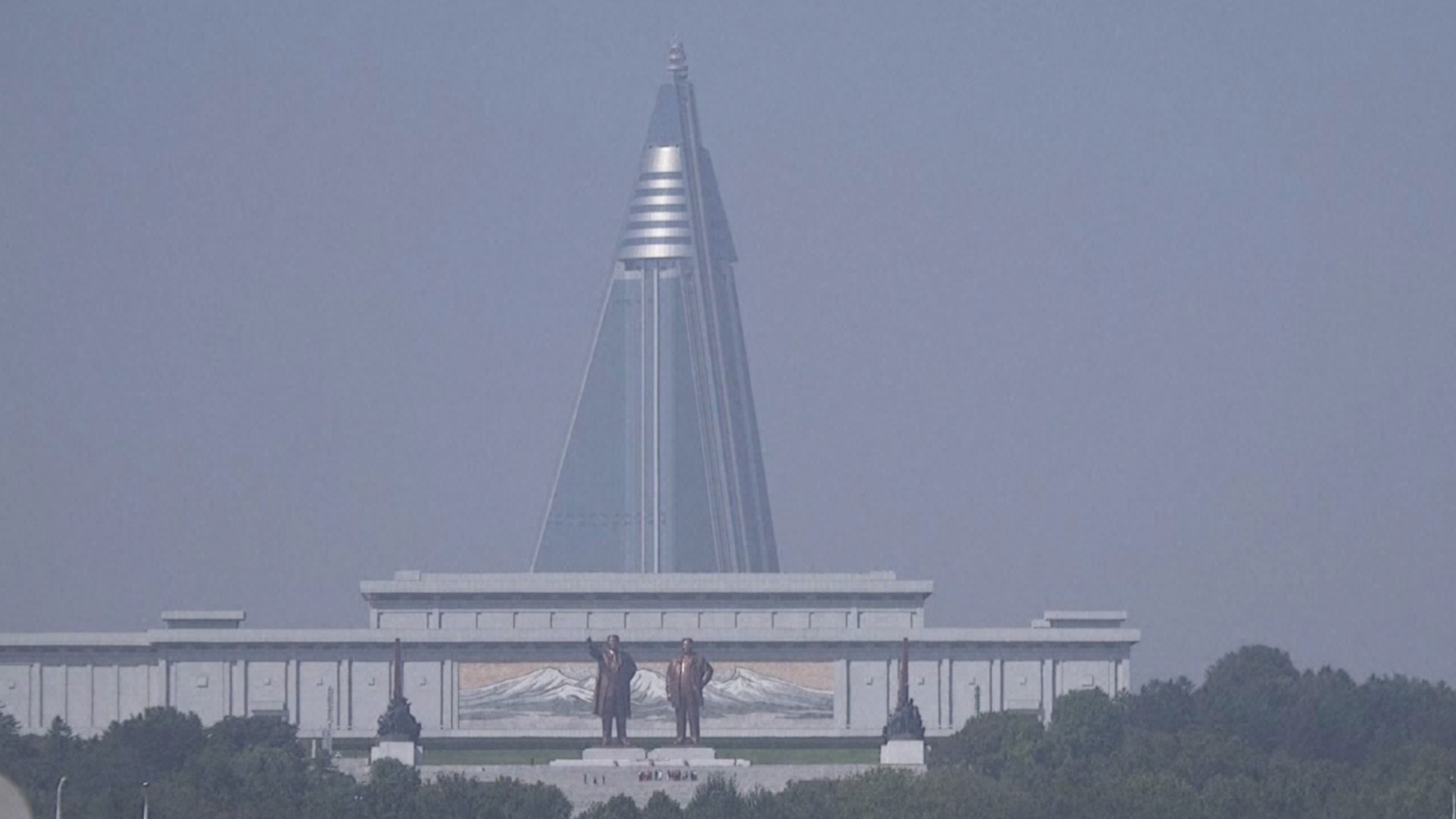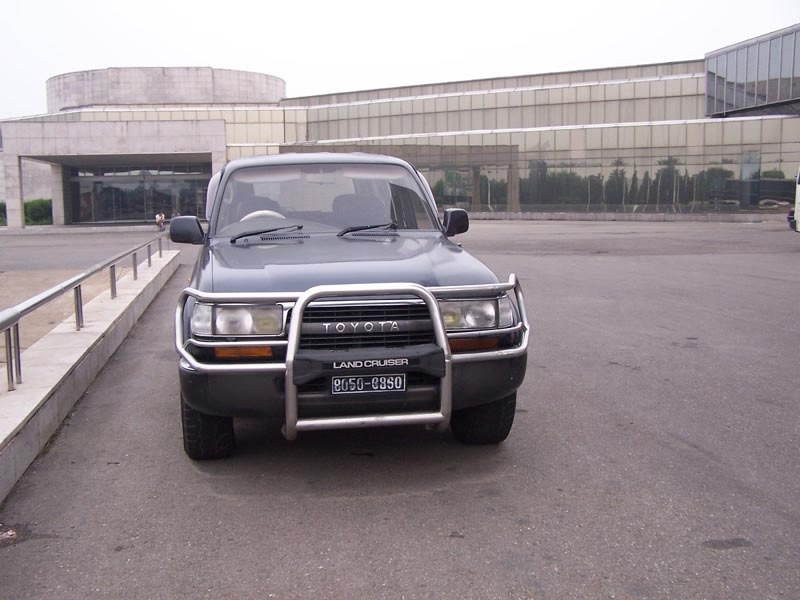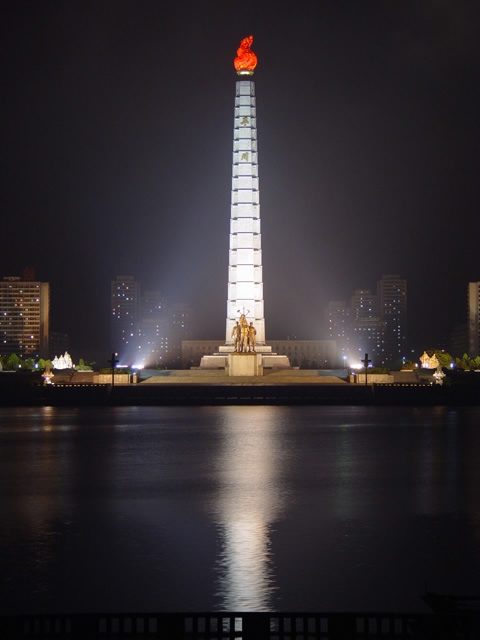
World
23:04, 23-Sep-2017
Petrol prices in DPRK soar as sanctions loom
Josh McNally

The UN has issued an eighth round of sanctions against the DPRK which, for the first time, includes caps on oil imports into the country.
It comes after Pyongyang's most recent hydrogen bomb test and two ballistic missile launches over Japan.
AFP reports that fuel prices in Pyongyang have soared 20% compared to two months ago, ultimately adding up to an increase of over 100% since the start of the year.
Unlike US President Donald Trump’s claim that “long gas lines [are] forming in North Korea,” AFP reporters say that there are simply less cars on the road.
In the DPRK, petrol is purchased per kilogram rather than liter and payment must be made in a hard currency rather than the Korean People’s Won (KPW).
A petrol station employee said, “It was US$1.90 yesterday, today it is US$2. I expect prices will go up in the future.”
Converted, one liter is 0.77 kilograms, meaning the price is currently $2.59 per liter. In comparison, South Korea's fuel prices stand at around 1,485 won per liter, which is $1.31.

A vehicle in Pyongyang. /Kallgan CC-BY-SA
A vehicle in Pyongyang. /Kallgan CC-BY-SA
The DPRK has only a small supply of fossil fuels and so relies heavily on imports, making these latest sanctions some of the toughest yet.
According to the US mission to the United Nations, China supplies the DPRK with 4 million barrels of crude oil and 4.5 million barrels of refined oil every year.
In a statement given before the October 1 implementation of sanctions, the Chinese Ministry of Commerce said exports of condensates and liquefied gas are to be stopped completely and refined petroleum will be limited, information in line with the UN, who define the limit as two million barrels per year, effectively cutting DPRK’s fuel supply in half.
This also implies that part of the reason for the price hikes is because of the government hoarding supplies before the sanction deadline.
Tensions persist on the Korean Peninsula, with Trump threatening to “totally destroy” the DPRK during a speech at the UN on Tuesday and Kim Jong Un responding with a statement on Friday in which he referred to the US President as “a rogue,” “a gangster” and “a dotard,” meaning this could be crucial, as a lack of fuel would make it more difficult for the country to move its troops, vehicles and weapons to strategically important locations, including along the South Korean border or to and from missile test sites.

Juche Tower illuminated at night. /Martyn Williams CC-BY-SA
Juche Tower illuminated at night. /Martyn Williams CC-BY-SA
However, experts say the sanctions on Pyongyang will continue to be ineffectual as the rhetoric surrounding their nuclear program – that it is a necessary defensive measure against potential violence from the United States – is backed up by the sanctions themselves.
Andrei Lankov of the Korean Risk Group told AFP that, “even if economic problems lead to starvation, the policy will not change.”
Source(s): AFP

SITEMAP
Copyright © 2018 CGTN. Beijing ICP prepared NO.16065310-3
Copyright © 2018 CGTN. Beijing ICP prepared NO.16065310-3